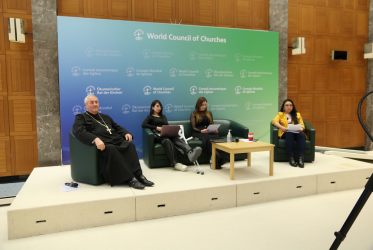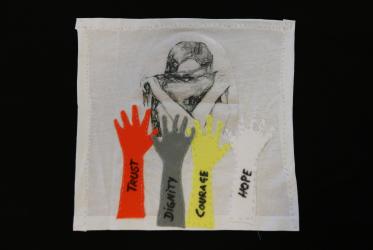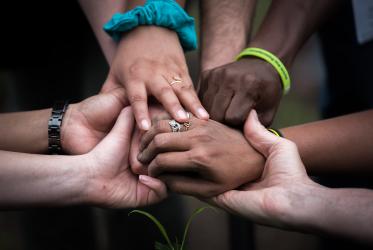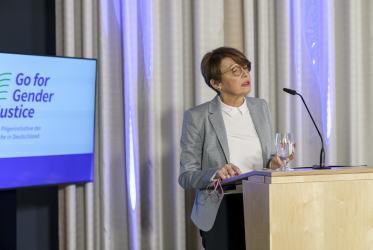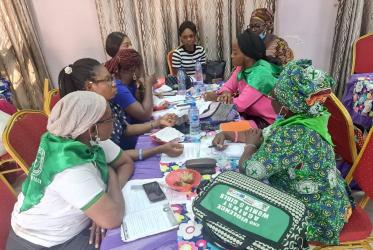Displaying 141 - 160 of 719
What do we hear when the ecumenical youth roar?
05 April 2022
WCC governing body builds momentum toward WCC 11th Assembly
15 February 2022
Thursdays in Black Valentine’s Day message: Love heals, not hurts
14 February 2022
